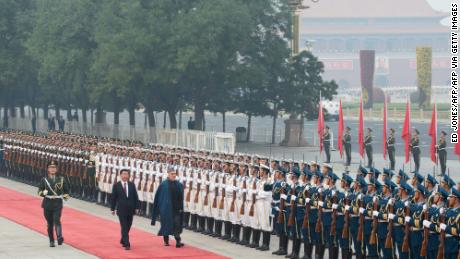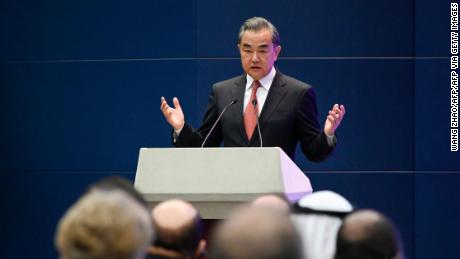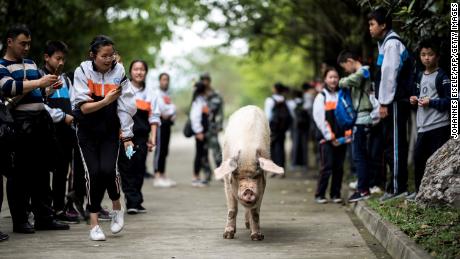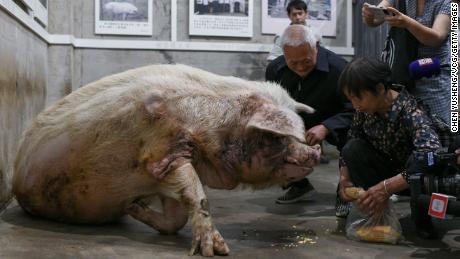As US pulls out of Afghanistan, China sees opportunities — and potential for chaos
Even by inaction, let alone active interference, the US could easily make Afghanistan a security headache for Beijing, one that distracts China militarily from its major areas of focus in the South China Sea and the border with India.
The business of China: Blistering report alleges Chinese solar panel supply chain tainted by forced labor
Solar panel parts companies in China’s far western region of Xinjiang create “green energy by consuming cheap, carbon-emitting coal,” the report states. They also “sacrifice human labor conditions in the bargain,” it adds.
This report will likely draw additional scrutiny to China’s outsized role in the global solar power industry, and how much its growth is fueled by cheap energy and labor costs in Xinjiang. The country has between 71% and 97% of the world’s capacity for various solar panel components, according to market research firm Bernreuter Research. And the authors of the new report — which cites hundreds of documents, government statements and satellite imagery — detail how more than 30 solar product companies may be exposed to forced labor in their supply chains.
The report includes claims that solar product companies are involved in what the Chinese government calls “surplus labor” programs, which facilitate relocation of minority workers in Xinjiang to industrial centers. The researchers claim these workers face detention if they turn down these labor placements.
Beijing denies all claims of human rights abuses in Xinjiang, where the US government alleges that up to two million Uyghurs and other Muslim minority groups have been imprisoned in re-education camps. Western governments and human rights organizations have alleged that minorities in the region have been subjected to physical abuse, attempted indoctrination and forced labor.
The solar industry is just one of many — from cotton to tomatoes to hair products — that has come under global scrutiny for links to Xinjiang.
US President Joe Biden’s clean energy plan is expected to at least double the rate of spending on solar and wind power, raising the stakes to ensure the industry is free from forced labor. But experts say Xinjiang has become deeply intertwined with the global solar supply chain, meaning that fully cutting it out of the system would be difficult and costly.
— By Selina Wang
Goodnight, strong-willed prince
Zhu Jianqiang — or Strong Willed Pig — became a household name after he survived the 7.9 magnitude quake that killed almost 90,000 people. He lived off charcoal and rainwater, and had lost two thirds of its weight when pulled from a collapsed sty.
Since then, Zhu has lived at a local museum commemorating the disaster and become a symbol of resilience and survival, emblematic of how the region bounced back after the earthquake.
But this week, the museum broke the bad news on social media that the 14-year-old is unwell.
“It is a miracle of life; it is a symbol of strong will,” the museum said.
On Wednesday, Strong Willed Pig marked the 13th anniversary of the quake — perhaps for the last time. Among the visitors were his former owners, who brought Zhu his favorite snacks.
![]()










